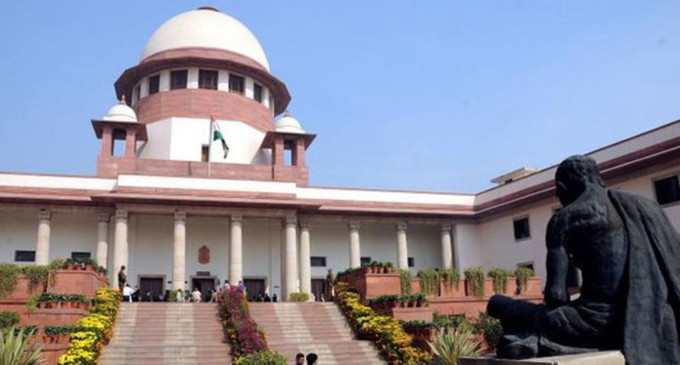The Chief Justice of India (CJI) Dipak Misra has created a new system with respect to allocation of cases, a move that addresses one of the issues raised by the four senior-most Supreme Court judges in their controversial press conference last month .
The new system will come into effect from February 5, and under it, cases will be allocated based on the subject matter they deal with, as per a posting on the official website of the Supreme Court.
CJI To Hear PILs
In the new roster system, the CJI will take up all special leave petitions (SLPs), as well as all matters that concern public interest, social justice, elections, arbitration, and criminal matters.
These areas typically form the bulk of the matters heard by the apex court. The remaining judges will hear matters related to
- labour disputes
- taxation matters
- compensation matters
- consumer protection matters
- maritime law matters
- mortgage matters
- personal law matters
- family law matters
- land acquisition matters
- service matters
- company matters etc
Change Triggered By Judges’ Concerns
On January 12 Justices J. Chelameswar, Ranjan Gogoi , Madan B. Lokur and Kurian Joseph called a press conference in an unprecedented move where they alleged that the chief justice was failing to follow established norms in regards to allocation of cases among the judges of the apex court.
This they argued was likely to “adversely” affect the justice delivery system.
Justice Gogoi is next in line to become the CJI while Chelameswar Joseph and Lokur will be retiring this year.
The judges went public with their grievances after submitting a seven-page letter of protest to the chief justice that morning . Justice Chelameswar said that the judges had decided to bring the issues to the public driven by the fear that a failure to communicate their concerns may result in jeopardizing the institution of the Supreme Court and thereby the democracy.
Cases Allocated ‘Selectively’
The judges’ letter had questioned the irregular procedures followed by the CJI for assigning cases.
The letter noted that often cases having “far-reaching consequences for the nation and the institution” were being assigned “selectively” to the preferred benches without “any rational basis” for such assignment. .
The case involving the controversial 2014 death of the CBI judge B.H. Loya who was handling in the Sohrabuddin Sheikh encounter case was cited as being one of them. The case had been initially listed before a bench headed by Justice Arun Mishra but it has now been taken over by a bench headed by the CJI.
Among the issues raised by the judges the delay in finalizing the memorandum of procedure (MOP) was also included. This document is created by the Union government and then given to the top court. It covers the procedure of appointment of judges to the higher judiciary.





